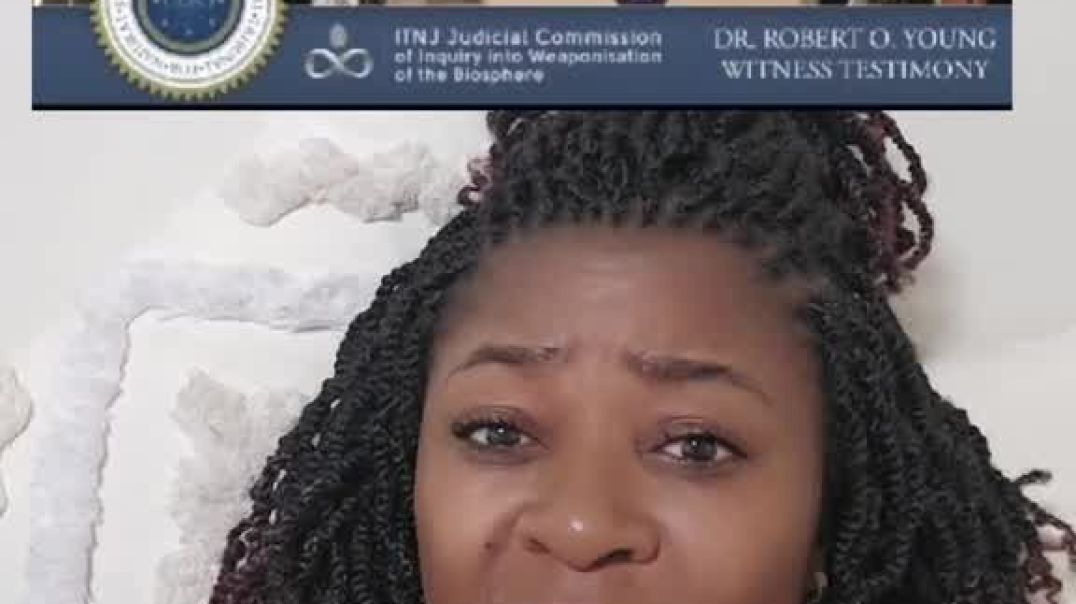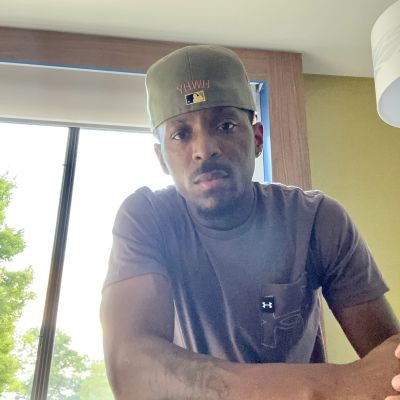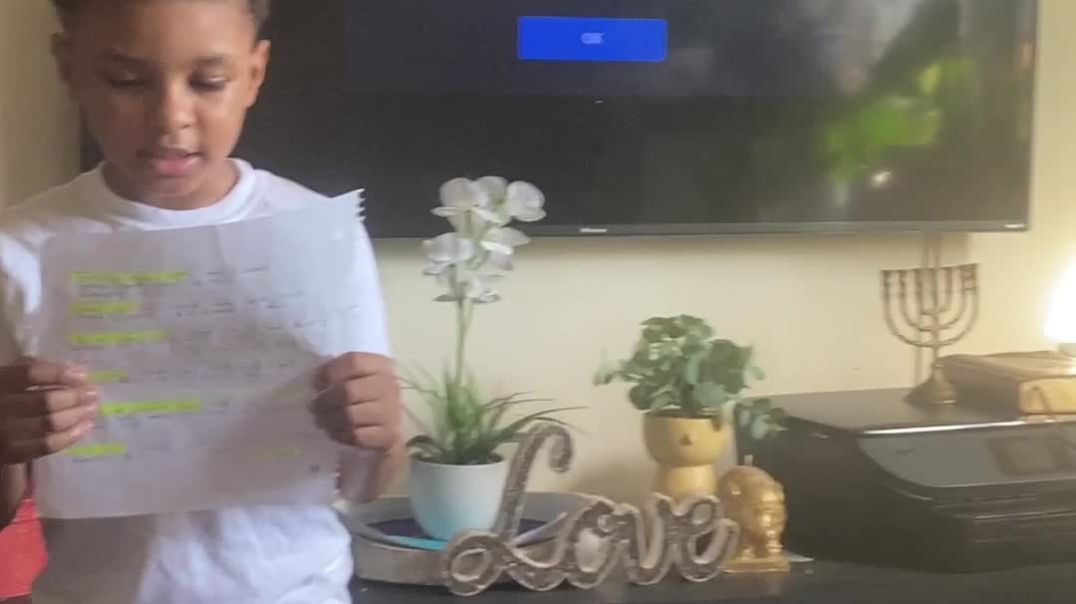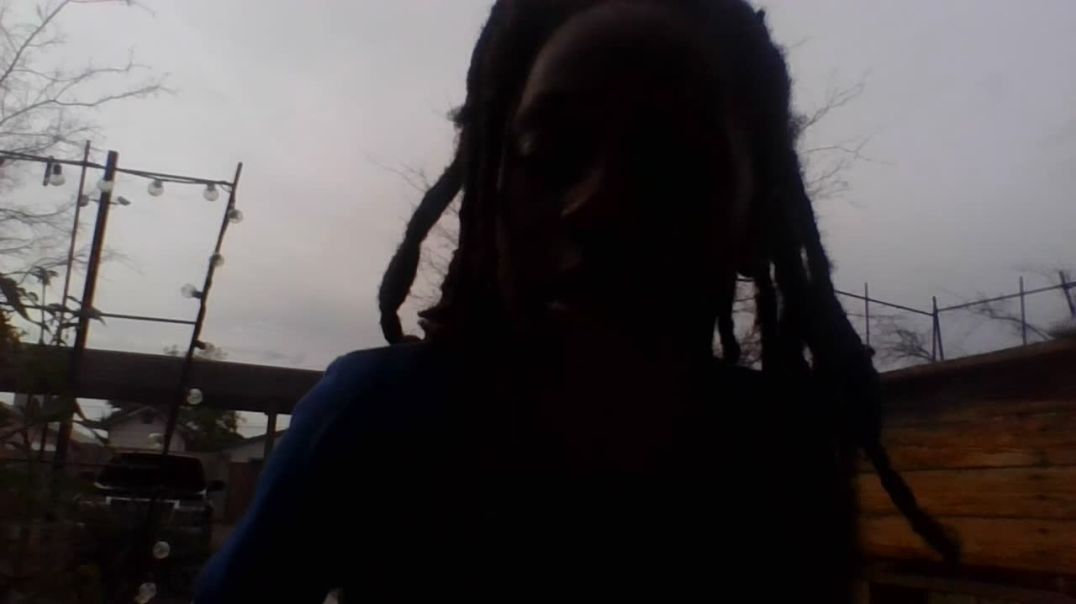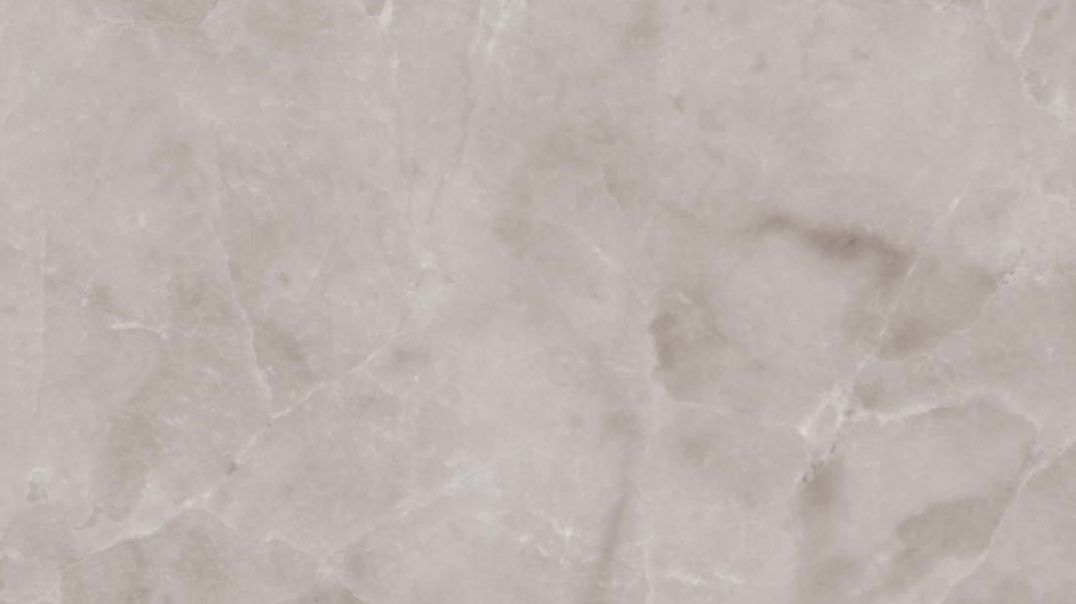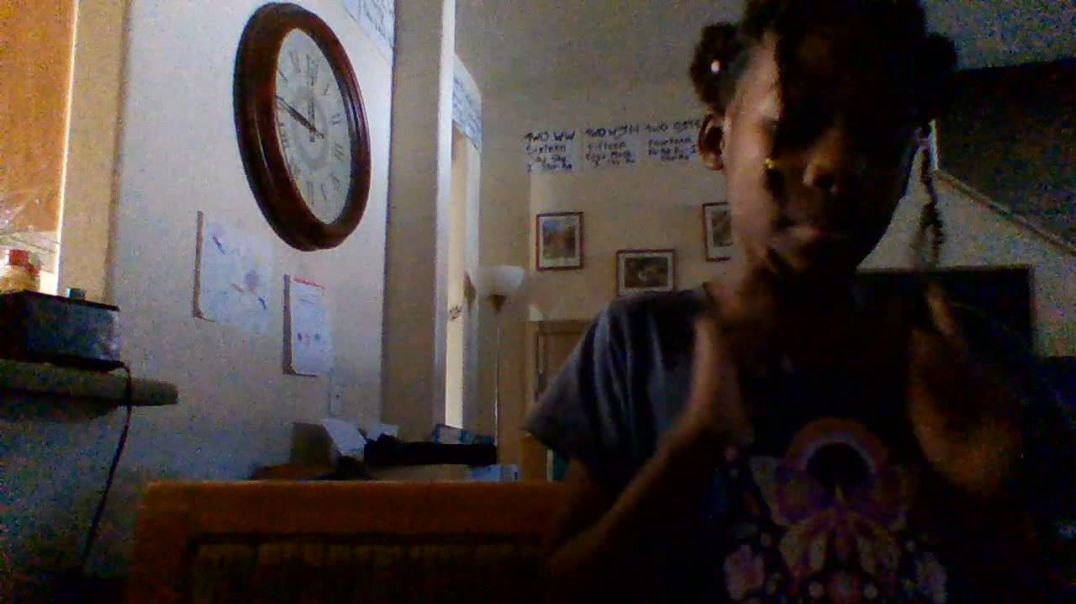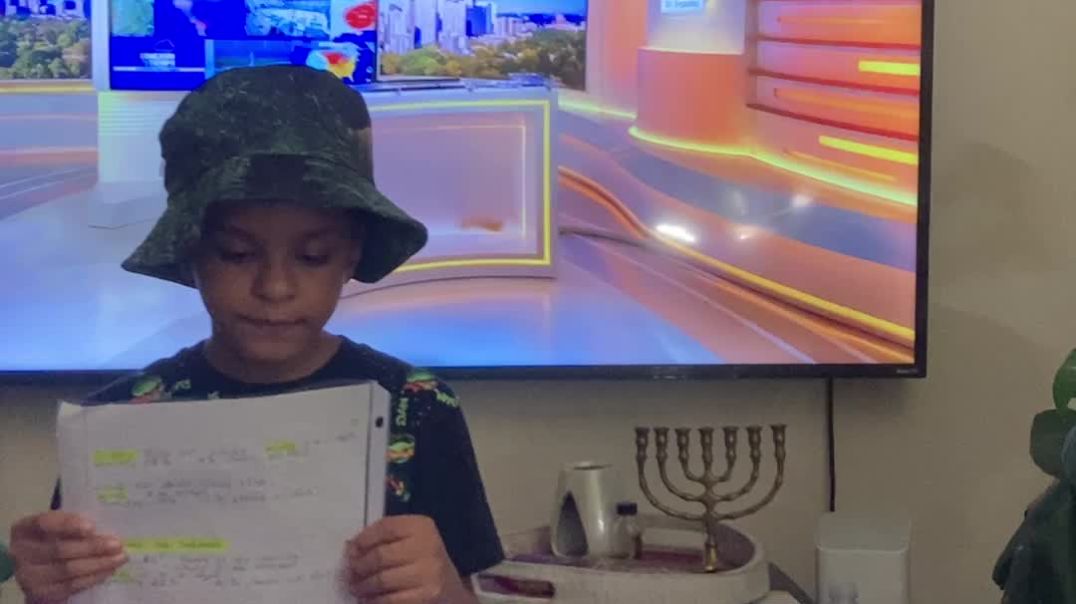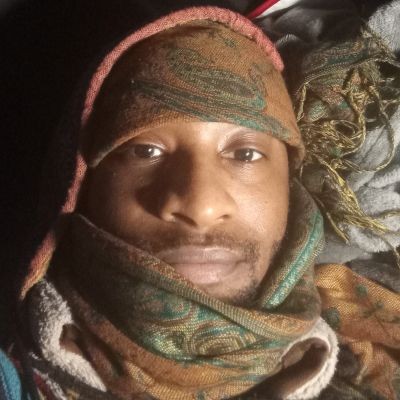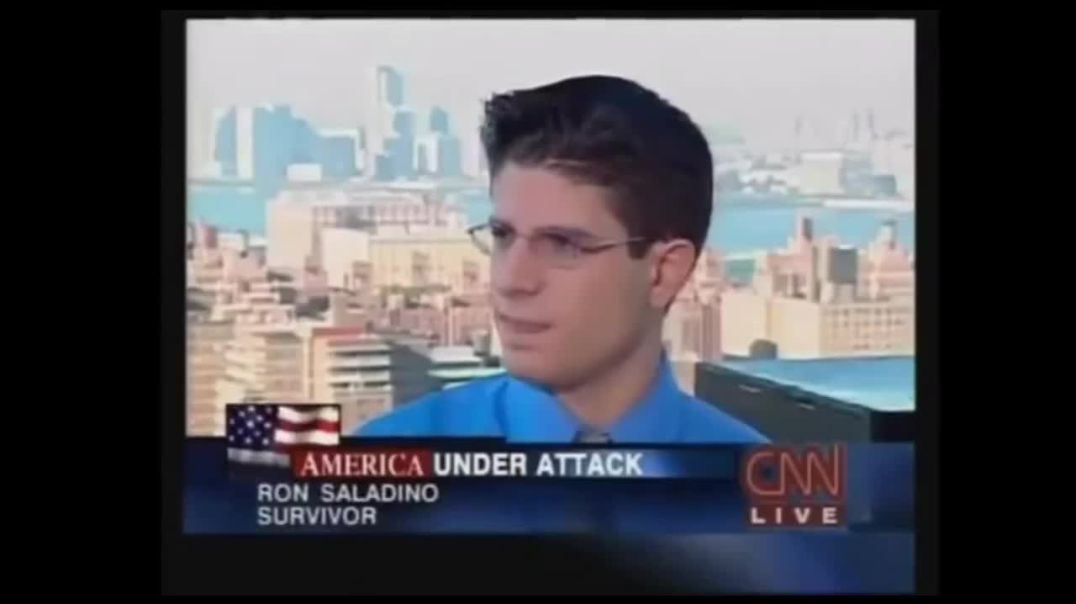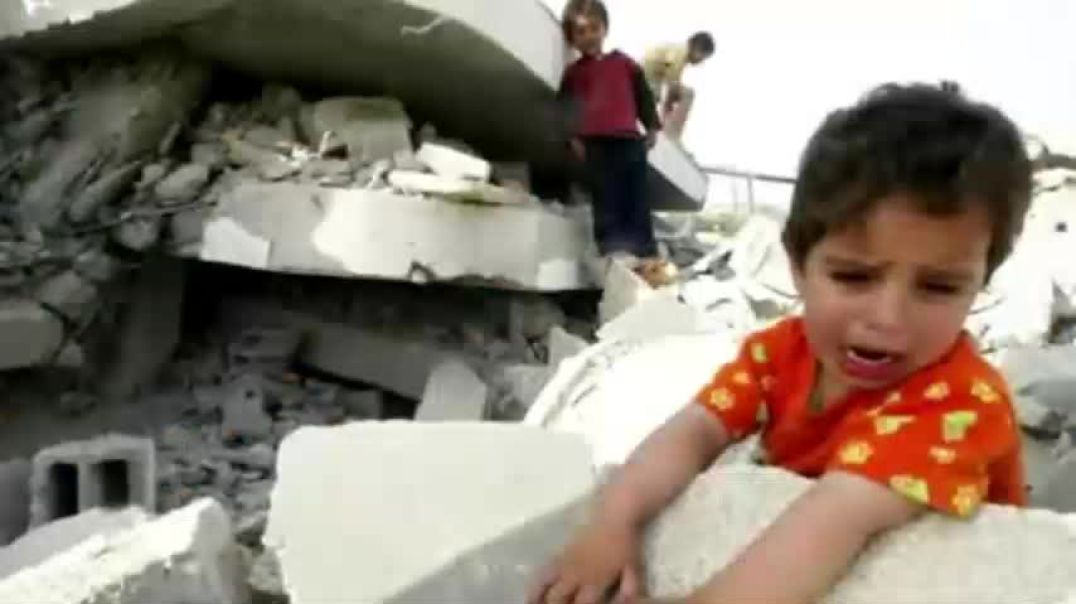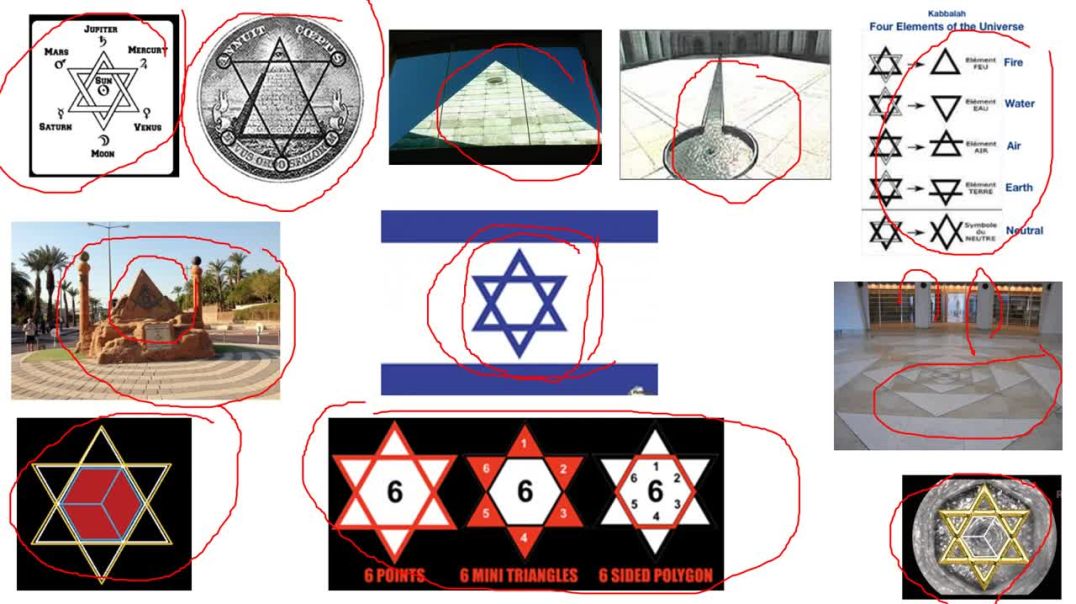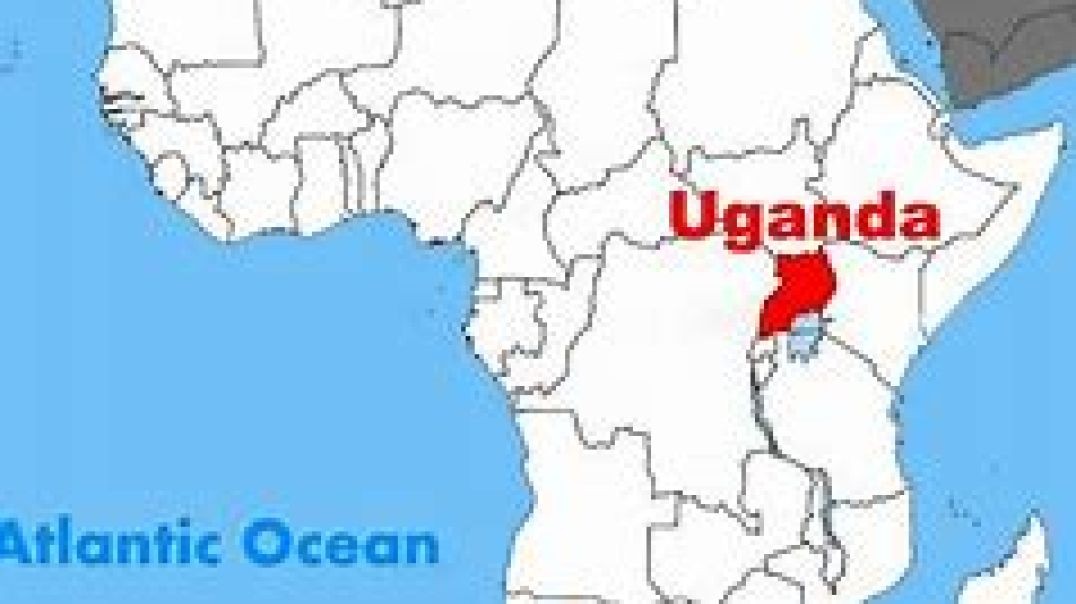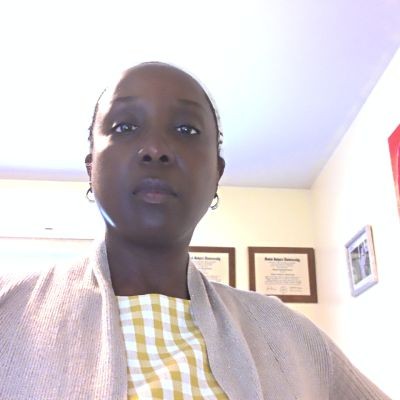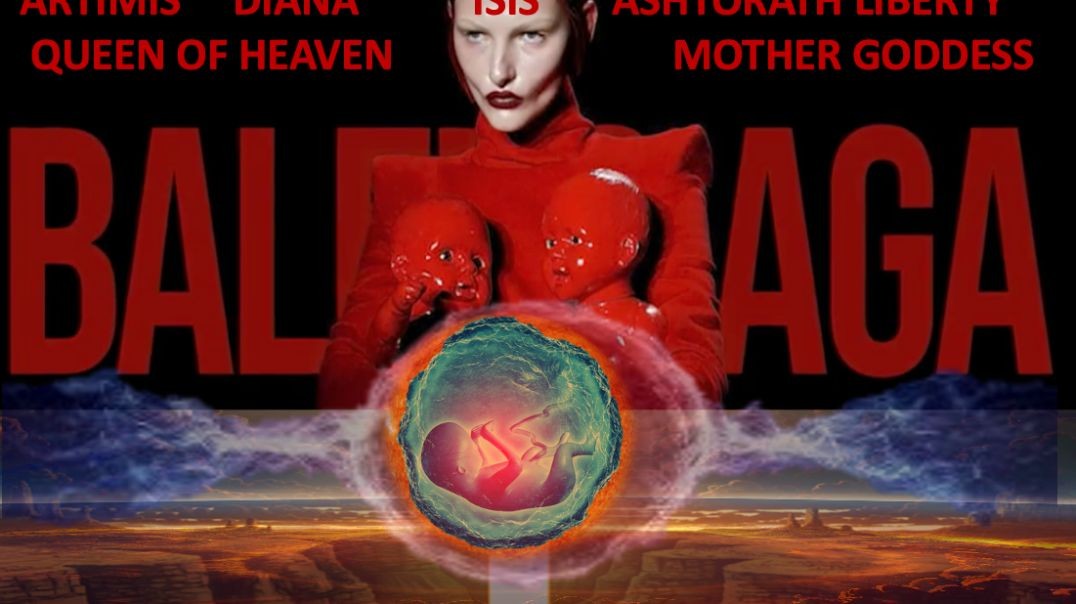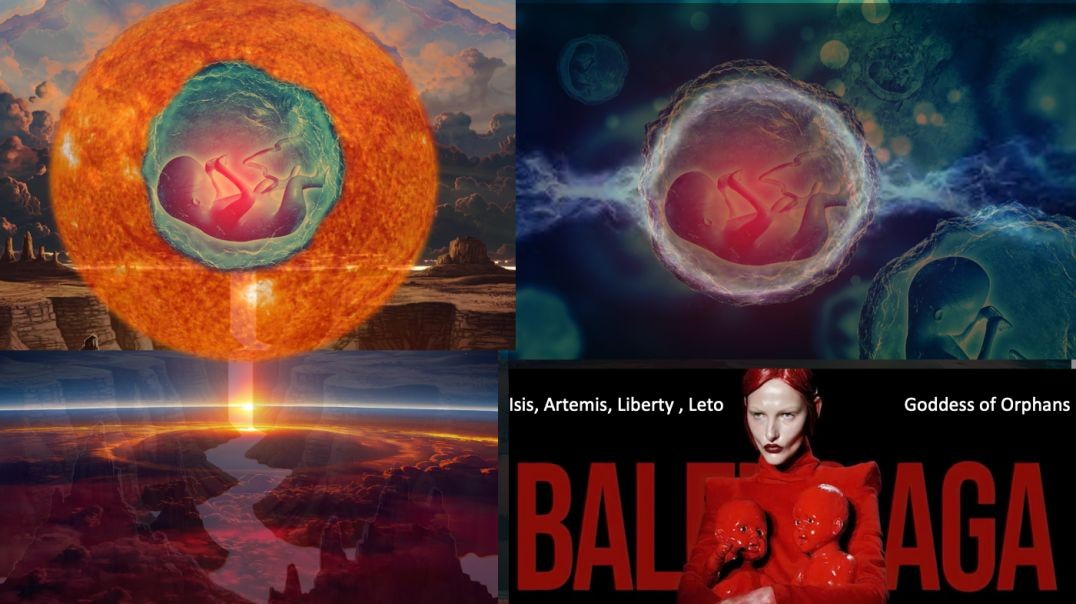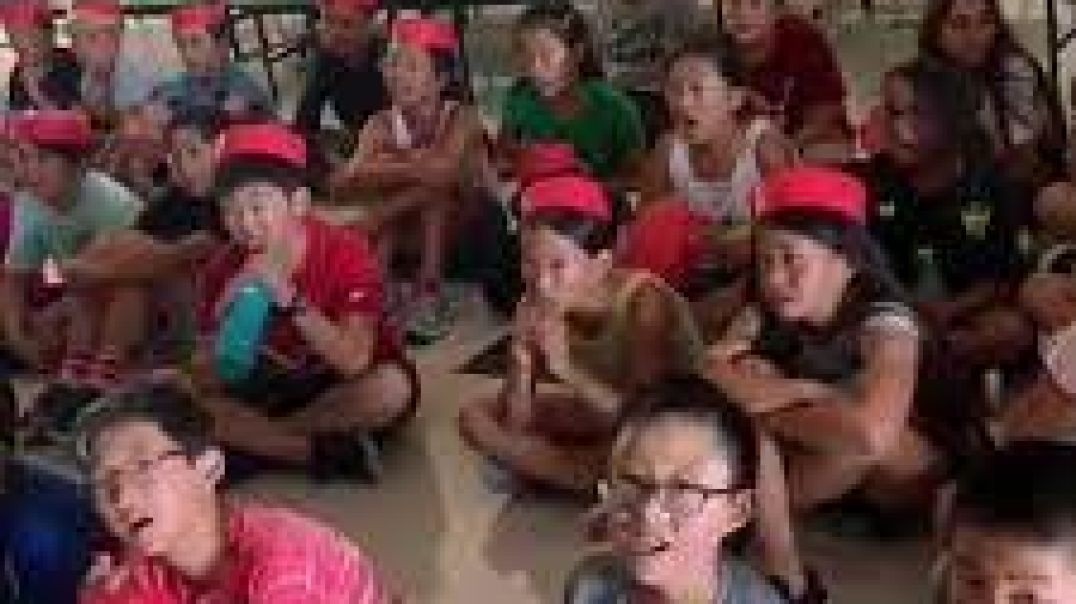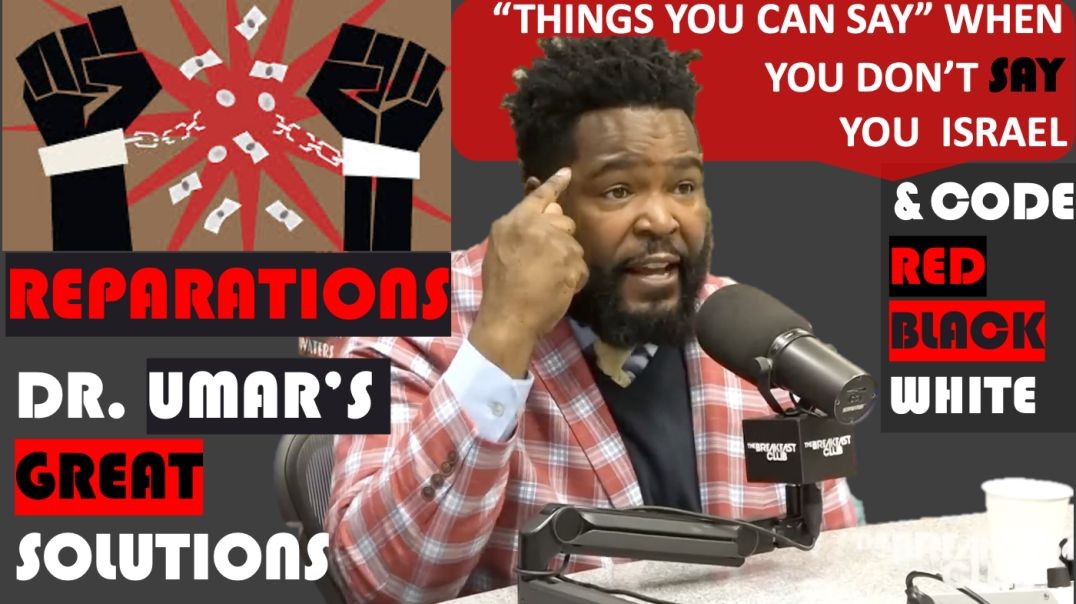Noticias y Política

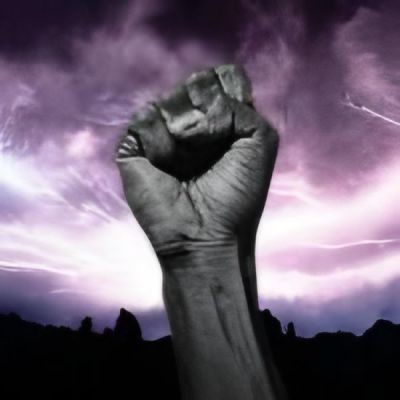
More and more Palestinians are being killed every day since Israel launched its brutal offensive on Palestine’s Gaza on October 7, 2023. This animation illustrates how Palestinians are trapped in a tiny, besieged enclave that’s being constantly bombarded, with most of them forcibly displaced to the city of Rafah as forthcoming Israeli attacks loom.
Subscribe:
http://trt.world/subscribe
Livestream: http://trt.world/ytlive
Facebook: http://trt.world/facebook
Twitter: http://trt.world/twitter
Instagram: http://trt.world/instagram
Visit our website: http://trt.world
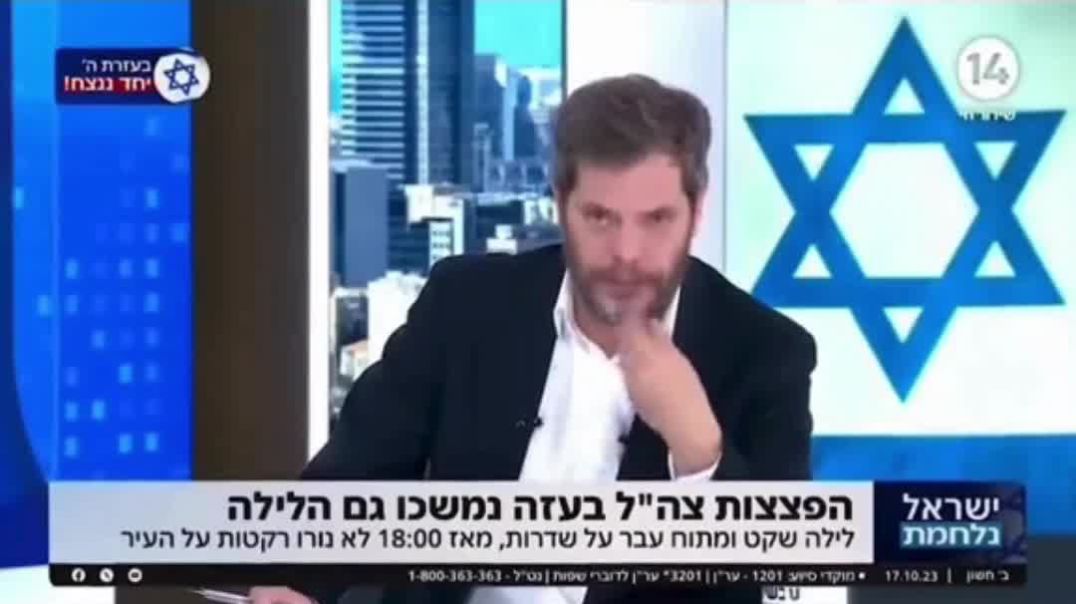
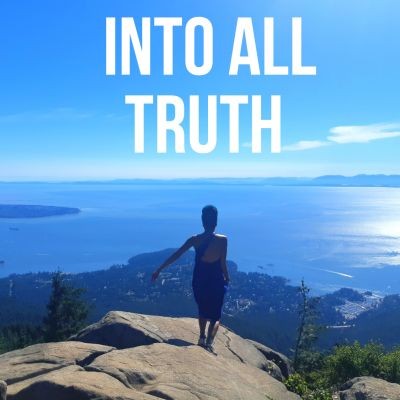
https://paypal.me/intoalltruth- Paypal Me - Quick Donation
Donate and Get Calendar & Chaya Eat Life and Fast
http://www.intoalltruth.net - Find us
https://livelightwell.com/shop - Buy our Calandar & Hebraic Chaya Eat Life and Fast
paypal.me/livelightwell - Paypal Me - Quick Donation
2ND ESDRAS 7:26 "The time is coming when these signs will take place. The invisible city will appear, and the land that is now hidden will be seen.
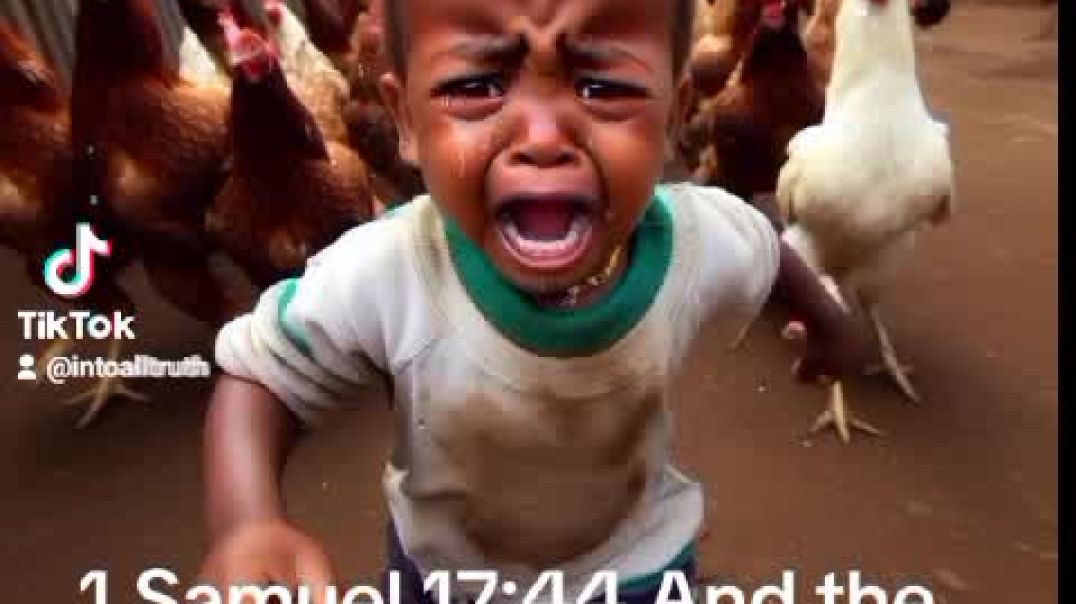

intoalltruth.net
https://paypal.me/intoalltruth- Paypal Me - Quick Donation
Donate and Get Calendar & Chaya Eat Life and Fast
http://www.intoalltruth.net - Find us
https://livelightwell.com/shop - Buy our Calandar & Hebraic Chaya Eat Life and Fast
paypal.me/livelightwell - Paypal Me - Quick Donation
2ND ESDRAS 7:26 "The time is coming when these signs will take place. The invisible city will appear, and the land that is now hidden will be seen.
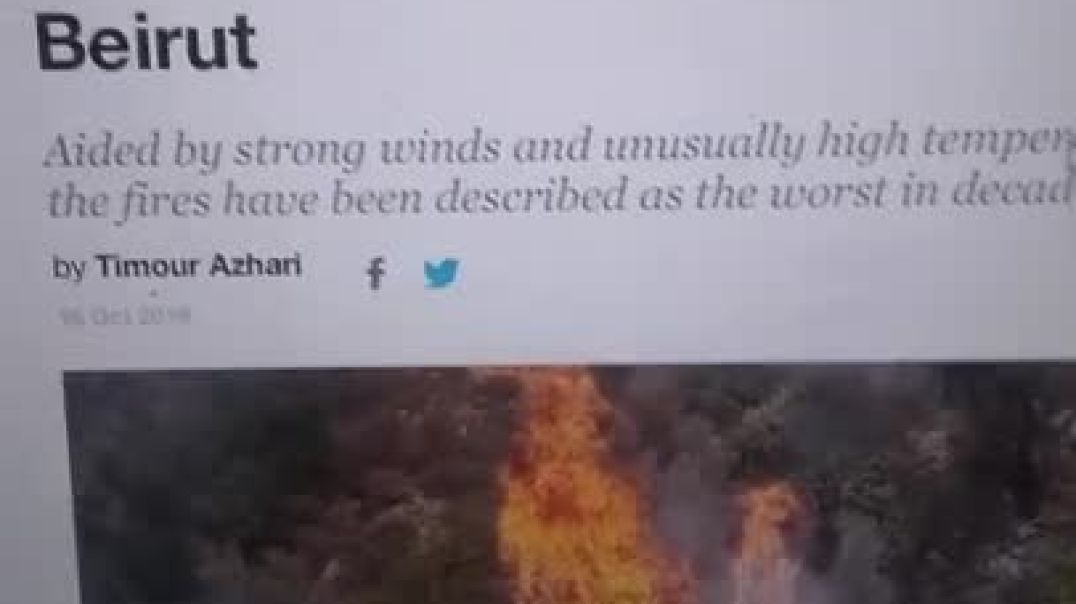

Psalm 2
Psalm 83
Jeremiah 22:23
O inhabitant of Lebanon, that makest thy nest in the Cedars, how gracious shalt thou bee when pangs come vpon thee, the paine as of a woman in trauell?
Hezbollah
Wars
Pains
Killing Christians and exiling them worldwide
Islam
https://www.aljazeera.com › news › 2023 › 10 › 10 › what-is-hezbollah-a-look-at-the-lebanese-armed-group-backing-hamasWhat is Hezbollah? A look at the Lebanese armed group backing Hamas ...10 Oct 2023 The deadly skirmishes on Israel's northern border with Lebanon have raised the prospect of a broader conflict in the Middle East, as the Hezbollah armed group has fired artillery and...
https://www.foxnews.com/media/....christian-israel-exp
Christianity in Lebanon - Wikipediaen.wikipedia.org›
Christianity in LebanonChristianity in Lebanon has a long and continuous history. ... In the Lebanese Parliament, Christians hold 64 seats in tandem with 64 seats for Lebanese Muslims.
Lebanese Maronite Christians - Wikipedia
en.wikipedia.org›Lebanese Maronite Christians
The Lebanese Maronite Christians are believed to constitute about 30% of the total population of Lebanon according to election results.[1] Lebanon's constitution was...

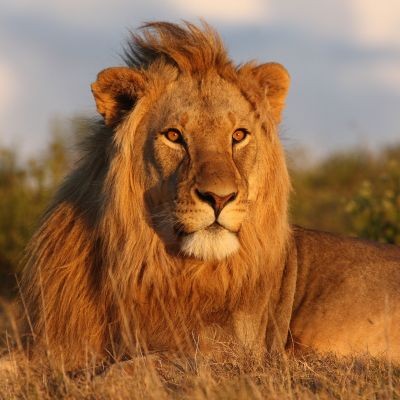
Shabbat Shalom Yisrael - The enemy has started attacking one of our treasures: Hebrewconnect.com, so it's time to fight back!
After viewing this Hebrew Service Announcement, please do the following:
1.) Like the video
2.) Add a Comment below the video
3.) Subscribe to this youtube page
4.) Download this video and post it on all your social media
5.) Send it to 3 - 5 other Hebrews
6.) Please consider donating to: https://israelitejustice.org
7.) Join me on a National Day of Hebrews Prayer and Fasting on Monday, July 17, 2023, to cry out to ABBA YAHUAH for holding indifferences against our Hebrew Brothers & Sisters
Seeking to give our Hebrew brothers & sisters the patience, forgiveness, and long-suffering that we seek from ABBA YAHUAH. Start earnestly praying for all those teaching and leadership in the Awakening, and watch how YAHUAH moves on our behalf.
#hebrewconnect #rebirthofanation #greatawakeningworldwide #truthunedited #rondaltonjr #virtue #redirecting #yonagolab #woniradio #sonofshmites #oilofjoy #yapahq #julieegordon #hezekiyah #israelite #african #justice #foundation #thoughtscameraaction #jediyah #apostlecurtislouis #arukahatehewell #awakeningjacob #awakeningremnet #bereanhebrew #boomchurch #dantefortson #daughtersofzion #elephantman #israelitetv #jlutch #mayah #pastordowell #pastorrickfletcher #teotw
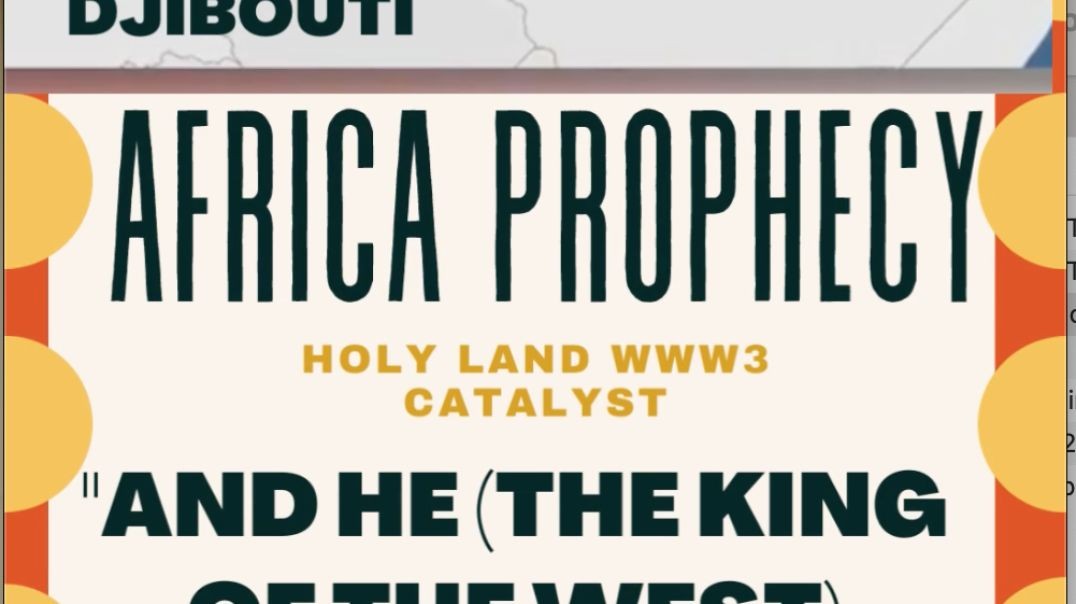

https://paypal.me/intoalltruth- Paypal Me - Quick Donation
Donate and Get Calendar & Chaya Eat Life and Fast
http://www.intoalltruth.net - Find us
https://livelightwell.com/shop - Buy our Calandar & Hebraic Chaya Eat Life and Fast
paypal.me/livelightwell - Paypal Me - Quick Donation
2nd Esdras 16:1Woe be unto thee, Babylon, and Asia! woe be unto thee, Egypt and Syria!
2Gird up yourselves with cloths of sack and hair, bewail your children, and be sorry; for your destruction is at hand. 3A sword is sent upon you, and who may turn it back? 4A fire is sent among you, and who may quench it?
2 Esdras 12:1 While the lion was saying these words to the eagle, I looked 2 and saw that the head that had prevailed disappeared, and the two wings (CHINA & RUSSIA) that had gone over to it rose up so that they might rule, but their rule was weak and chaotic. 3 I watched as they disappeared, and the whole body of the eagle was burned; the earth was filled with fear... 29 “As for your seeing the two small wings (CHINA & RUSSIA) passing over to the head on the right, this is the interpretation: 30 The Most High is keeping these for the eagle’s end. This rule will be weak and full of upheaval, 31 as you saw.

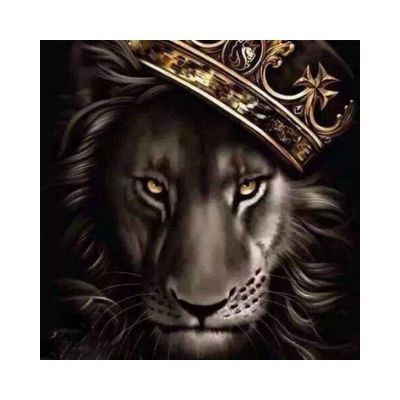
"It doesn't matter how you FEEL... It's about what's already KNOWN to be TRUE...."
"Truthers Love Truth, until The Truth of YAH, Find Lies Within Them"
1 Corinthians 6: 9-10 - (Be not Deceived)
9. Know ye not that the unjust shall not inherit the kingdom of The Most High YAH? Do not err: neither fornicators, nor idolaters, nor adulterers, nor effeminate, nor homosexuals
10. nor thieves, nor covetous, nor drunkards, nor revilers, nor extortioners, shall inherit the kingdom of The Most High YAH.
להפרידKingMagee
-Watchmen
-Researcher
Media:
https://kingsresources.live/Linktree
#Hebrew #Israelites #History #Black History #News


LGBTQ+Depopulation + Indoctrination Agenda
LINKS:
Are Lil Nas X's Music Videos Making Kids Gay??
https://www.youtube.com/watch?v=tRdto0EaVjE
rebel news and Greta Thunberg: confronted for staging an arrest (she was released)
https://www.instagram.com/reel..../CnpWrWNDS2o/?igshid
Terence McKenna
https://www.tiktok.com/@lotterylettuce/video/7139903952119844142?q=tetence%20mckenna&t=1674331409940
maps n more instagram:
https://www.instagram.com/p/CnpsnZzjnTB/
SPARTACUS GAY TRAVEL INDEX
https://spartacus.gayguide.tra....vel/blog/spartacus-g
In 2022, the Peruvian Ministry of Culture declared the traditional use of San Pedro cactus in northern Peru as cultural heritage
https://en.wikipedia.org/wiki/Echinopsis_pachanoi
Huachuma to play a key role in conscious evolution as a powerful psychedelic natural medicine:
https://www.livinginperu.com/h....uachuma-the-san-pedr
Food of the Gods: The Search for the Original Tree of Knowledge A Radical History of Plants, Drugs, and Human Evolution
https://www.amazon.com/Food-Go....ds-Original-Knowledg
EXCLUSIVE: Residents in drought-hit Arizona town skip showers and use rainwater to flush toilets after supply was cut off - while neighboring luxury $60,000-a-year golf course keeps its sprinklers on
https://www.dailymail.co.uk/ne....ws/article-11653627/
WEF VIP Driver Says He's Not Allowed to Drive Elites in Electric Vehicles, Reveals Why
https://www.westernjournal.com..../wef-vip-driver-says
Greta Thunberg's Detention Sparks Accusations of 'Fake Arrest'
https://www.newsweek.com/greta....-thunbergs-detention
After baby formula problems, Abbott Laboratories under DOJ investigation
https://www.msn.com/en-us/news..../other/after-baby-fo
Scientists Are Getting Eerily Good at Using WiFi to 'See' People Through Walls in Detail
https://www.vice.com/en/articl....e/y3p7xj/scientists-
"It doesn't matter how you FEEL... It's about what's already KNOWN to be TRUE...."
"Truthers Love Truth, until The Truth of YAH, Find Lies Within Them"
1 Corinthians 6: 9-10 - (Be not Deceived)
9. Know ye not that the unjust shall not inherit the kingdom of The Most High YAH? Do not err: neither fornicators, nor idolaters, nor adulterers, nor effeminate, nor homosexuals
10. nor thieves, nor covetous, nor drunkards, nor revilers, nor extortioners, shall inherit the kingdom of The Most High YAH.
להפרידKingMagee
-Watchmen
-Researcher
Media:
https://kingsresources.live/Linktree
#Hebrew #Israelites #History #Black History #TheMoreYouKnow


"It doesn't matter how you FEEL... It's about what's already KNOWN to be TRUE...."
"Truthers Love Truth, until The Truth of YAH, Find Lies Within Them"
1 Corinthians 6: 9-10 - (Be not Deceived)
9. Know ye not that the unjust shall not inherit the kingdom of The Most High YAH? Do not err: neither fornicators, nor idolaters, nor adulterers, nor effeminate, nor homosexuals
10. nor thieves, nor covetous, nor drunkards, nor revilers, nor extortioners, shall inherit the kingdom of The Most High YAH.
להפרידKingMagee
-Watchmen
-Researcher
Media:
https://kingsresources.live/Linktree
#Hebrew #Israelites #History #Black History #TheMoreYouKnow
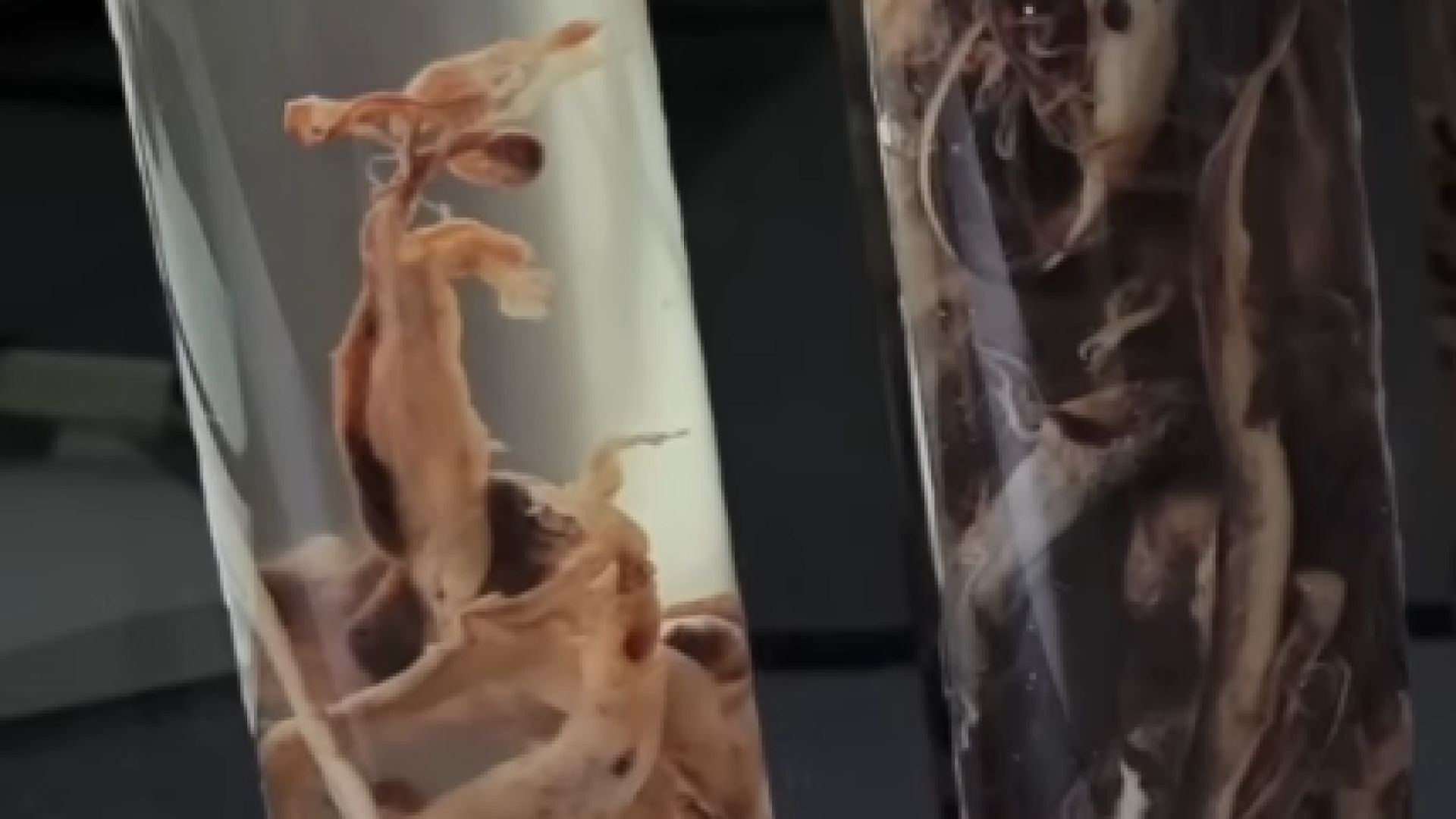

🧶 Subscribe for more videos 👍
------------------
⭕ Follow us on GAN JING WORLD: https://www.ganjingworld.com/channel/uxVTZp0wvRvyv
⭕ Subscribe for updates: https://ept.ms/2Tu9clR
⭕ Support us: https://donorbox.org/facts_matter
⭕ Merchandise: https://www.epochtv.shop
⭕ Listen to Podcasts:
-
🔵 iTunes Podcast: https://ept.ms/FactsMatterApplePodcast
🔵 Spotify Podcast: https://ept.ms/FactsMatterSpotifyPodcast
🔵 Google Podcast: https://ept.ms/FactsMatterGooglePodcast
------------------
#shorts
-------------------------------------------------
© All Rights Reserved.
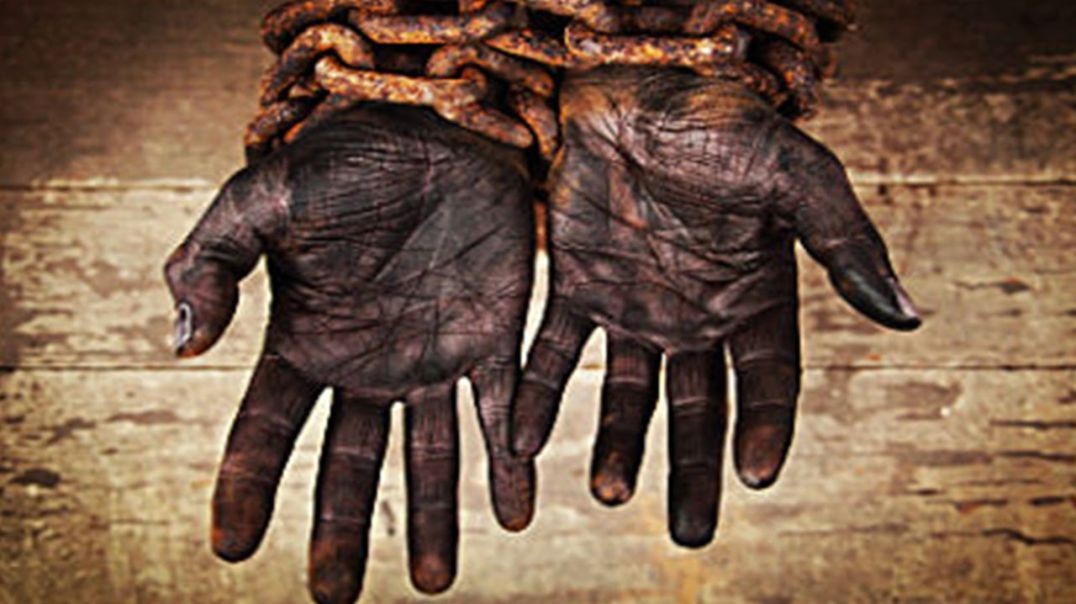

"It doesn't matter how you FEEL... It's about what's already KNOWN to be TRUE...."
"Truthers Love Truth, until The Truth of YAH, Find Lies Within Them"
1 Corinthians 6: 9-10 - (Be not Deceived)
9. Know ye not that the unjust shall not inherit the kingdom of The Most High YAH? Do not err: neither fornicators, nor idolaters, nor adulterers, nor effeminate, nor homosexuals
10. nor thieves, nor covetous, nor drunkards, nor revilers, nor extortioners, shall inherit the kingdom of The Most High YAH.
להפרידKingMagee
-Watchmen
-Researcher
Media:
https://kingsresources.live/Linktree
#Hebrew #Israelites #History #Black History #TheMoreYouKnow

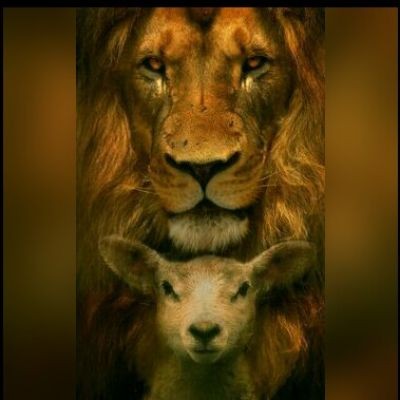
Vestavia Hills mom pulls son out of Louis Pizitiz Middle School for racist bullying
Subscribe to WVTM on YouTube now for more: https://bit.ly/2jvAaUD
Get more Birmingham news: http://www.wvtm13.com
Like us: https://www.facebook.com/WVTM13/
Follow us: https://twitter.com/WVTM13
Instagram: https://www.instagram.com/wvtm13/


A town hall held by new Baltimore City State's Attorney Ivan Bates highlighted what appears to be renewed alliances in the fight against crime and separation from the policies of former Baltimore City State's Attorney Marilyn Mosby.
https://foxbaltimore.com/news/....local/baltimore-city
_______________
Stay up to date with our social media:
WBFF on Facebook: https://www.facebook.com/FOXBaltimore/
WBFF on Twitter: https://twitter.com/FOXBaltimore
Subscribe to WBFF on YouTube: https://www.youtube.com/channe....l/UC-H-L8u8PzzgdAzBL
Daily News Digest: https://www.youtube.com/playli....st?list=PLxLnRTTQfTj
For more information, visit https://foxbaltimore.com/
Have a news tip? Send it directly to us:
Email us: news@foxbaltimore.com
Call the Newsroom: 410.467.5595
WBFF is a Maryland-based station and a FOX Television affiliate owned and operated by Sinclair Broadcast Group.
#WBFF #foxbaltimore #fox45news #Baltimore #Maryland

